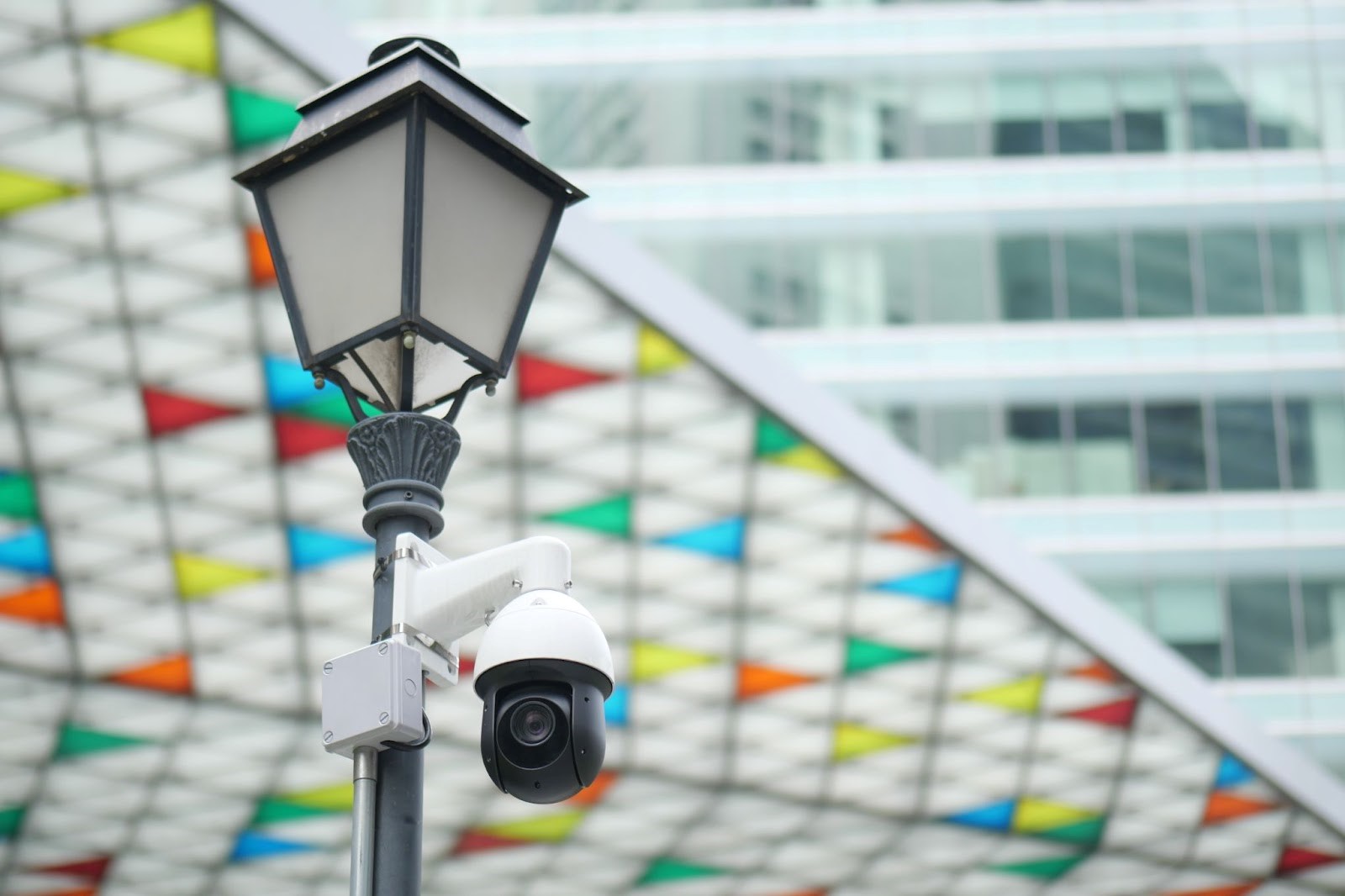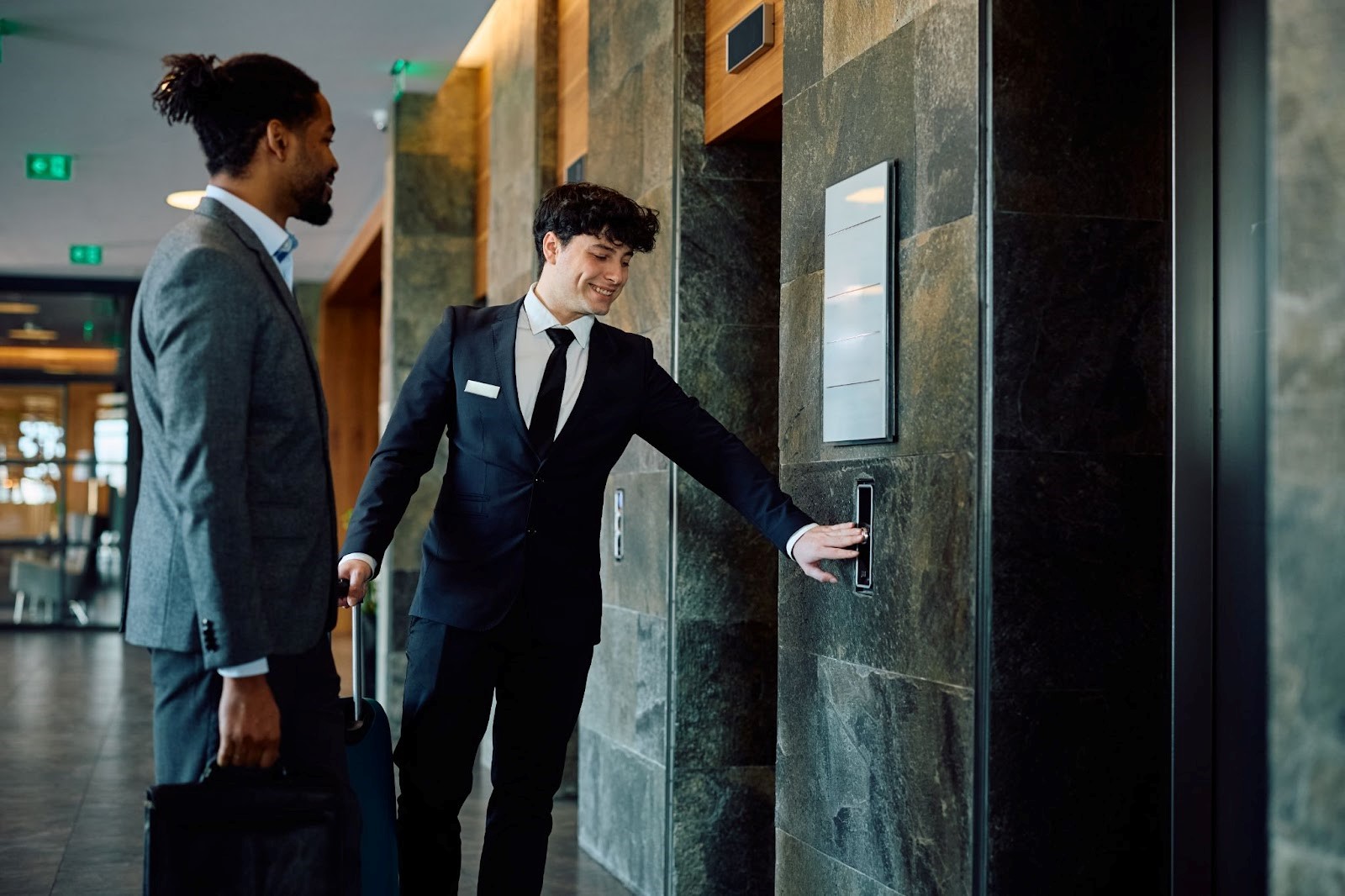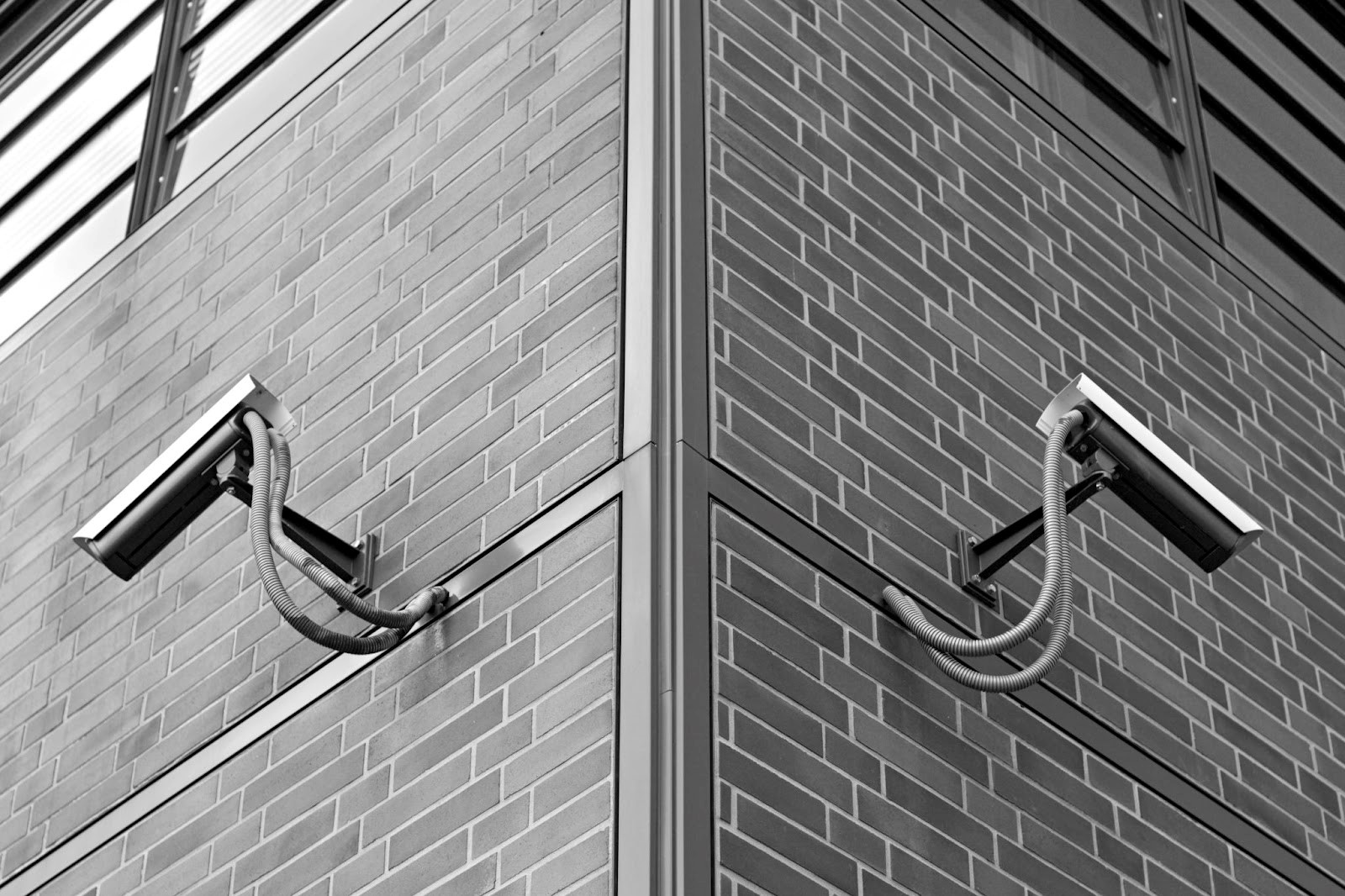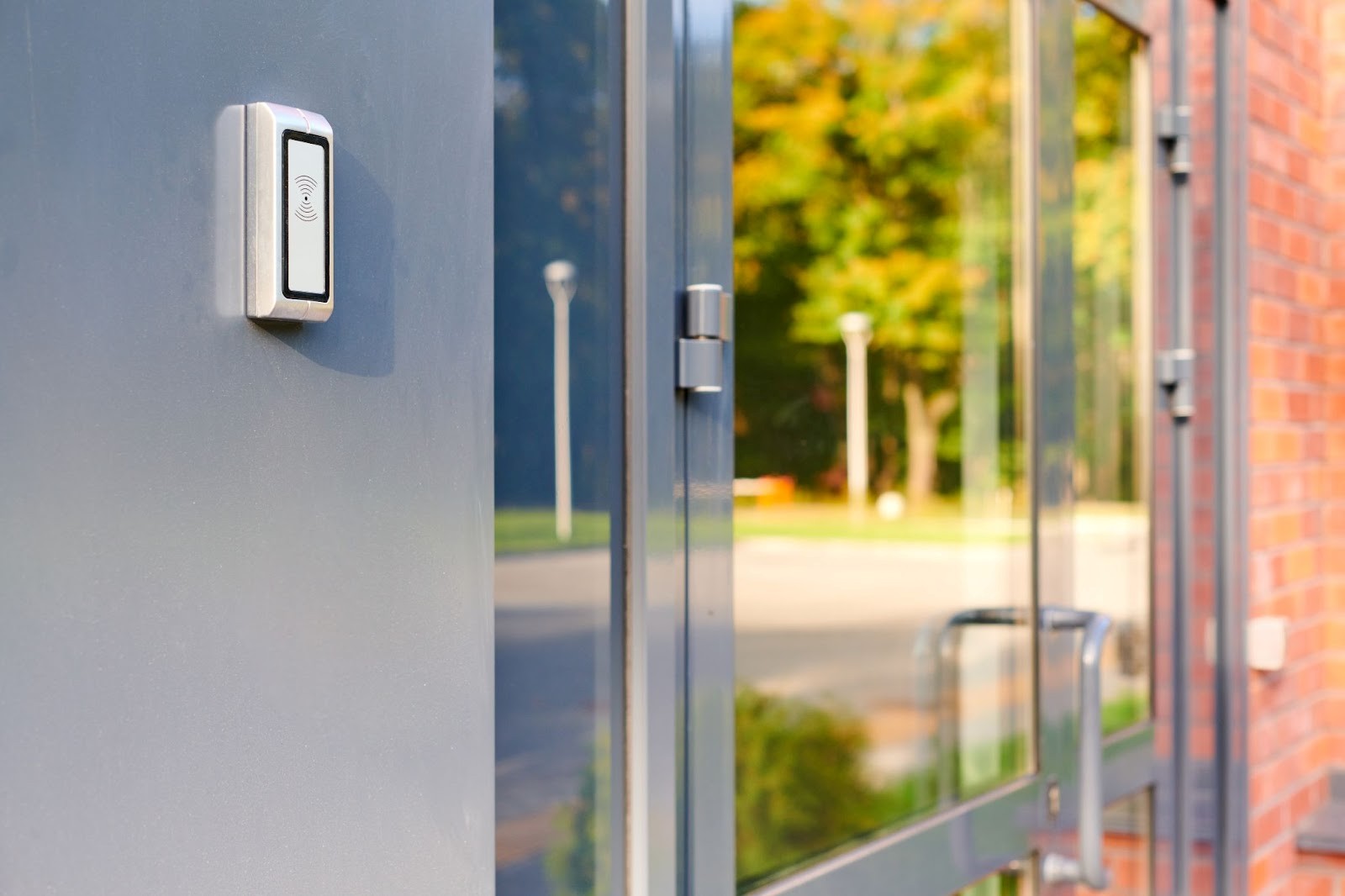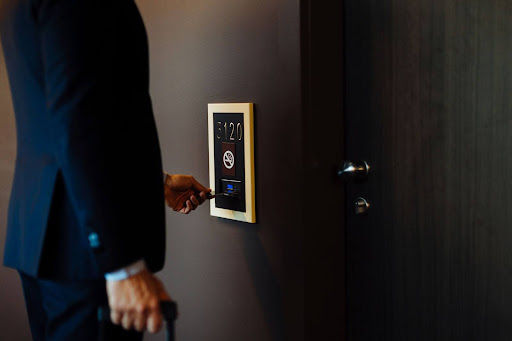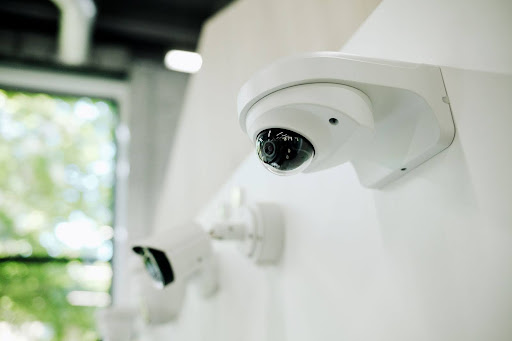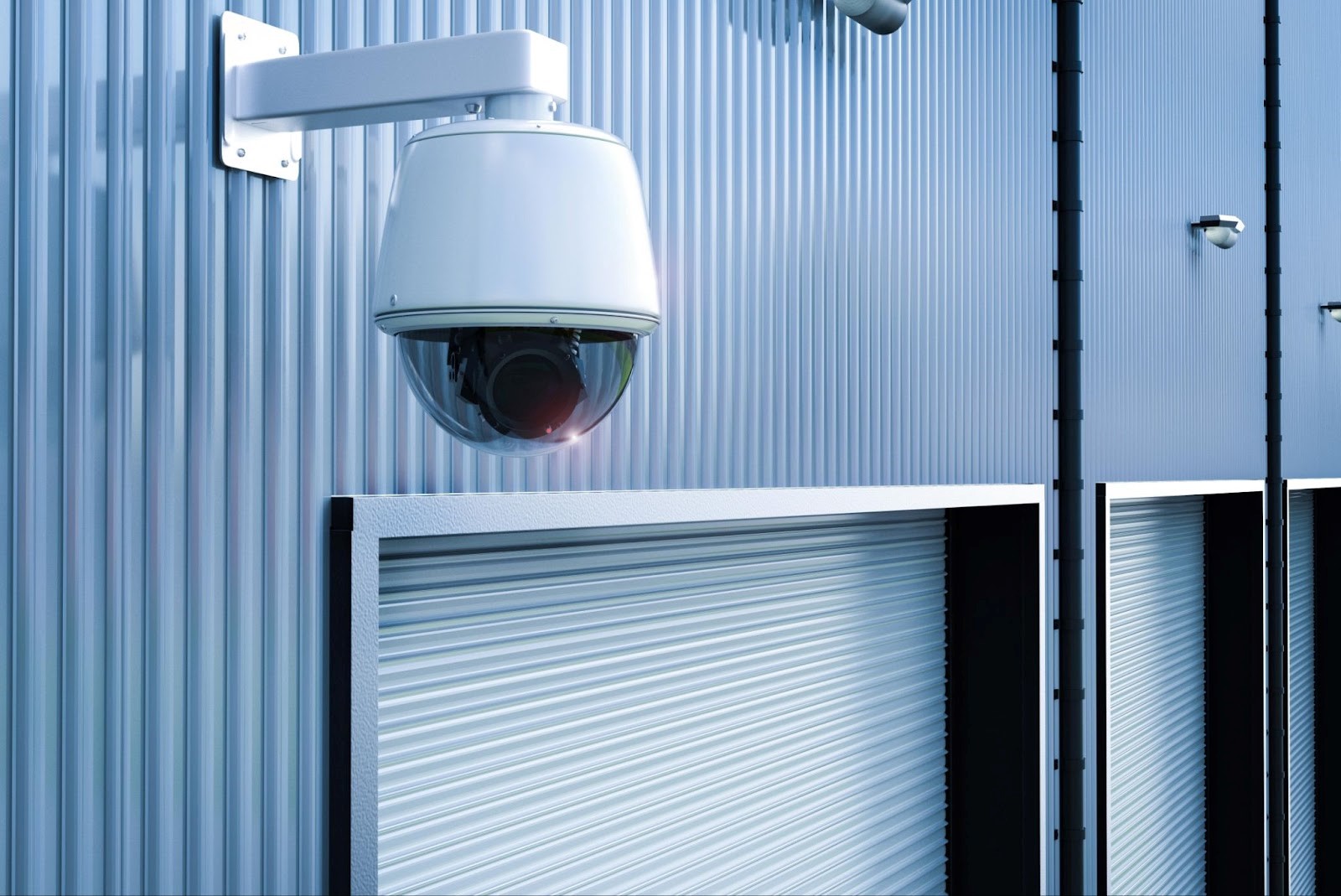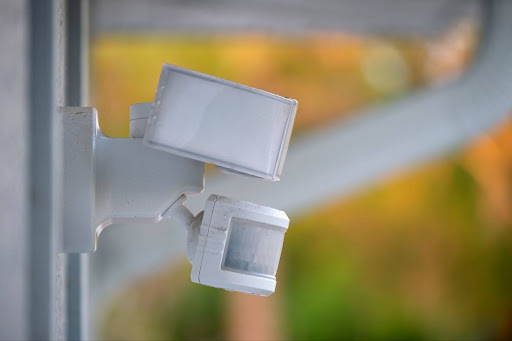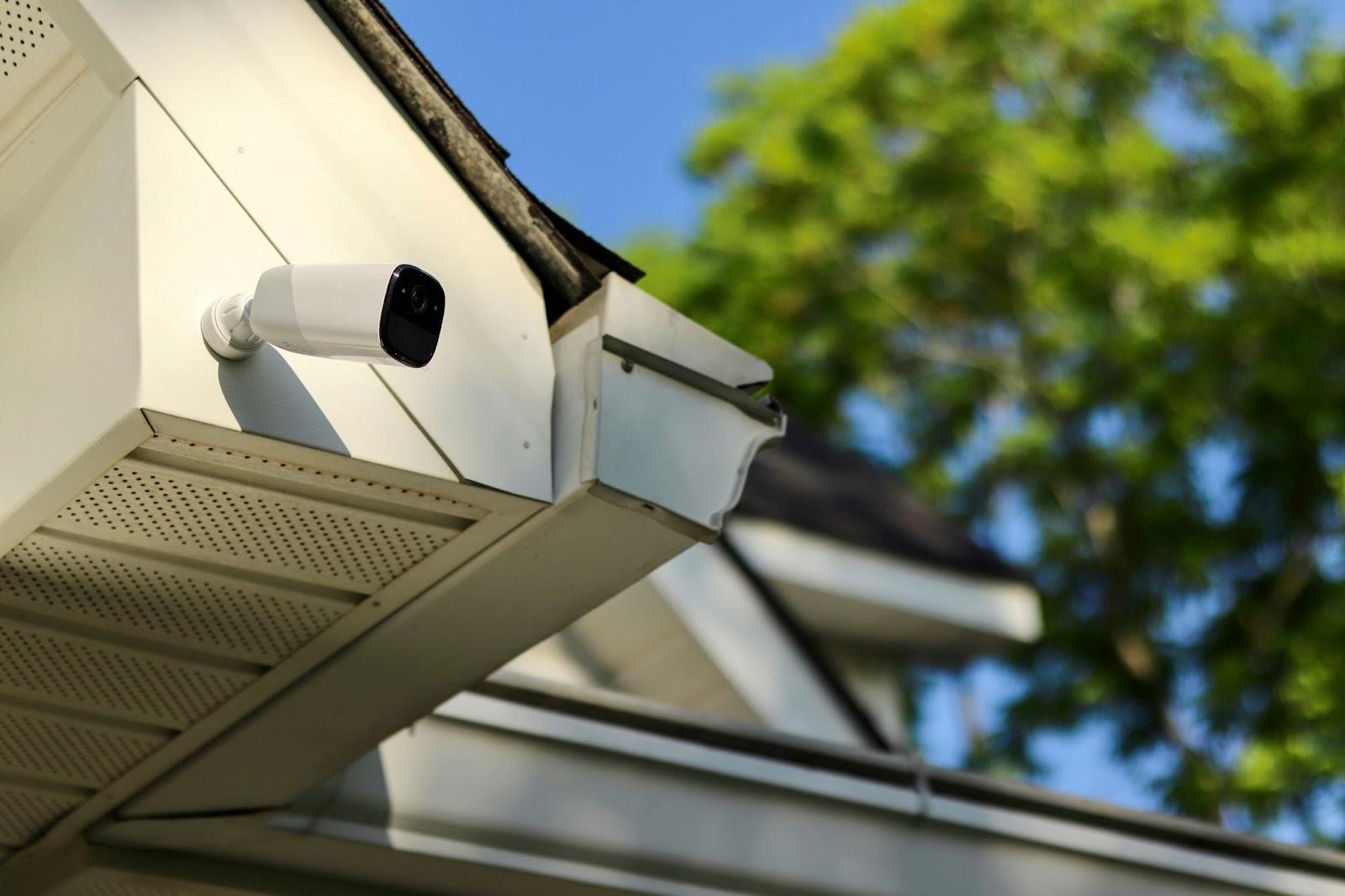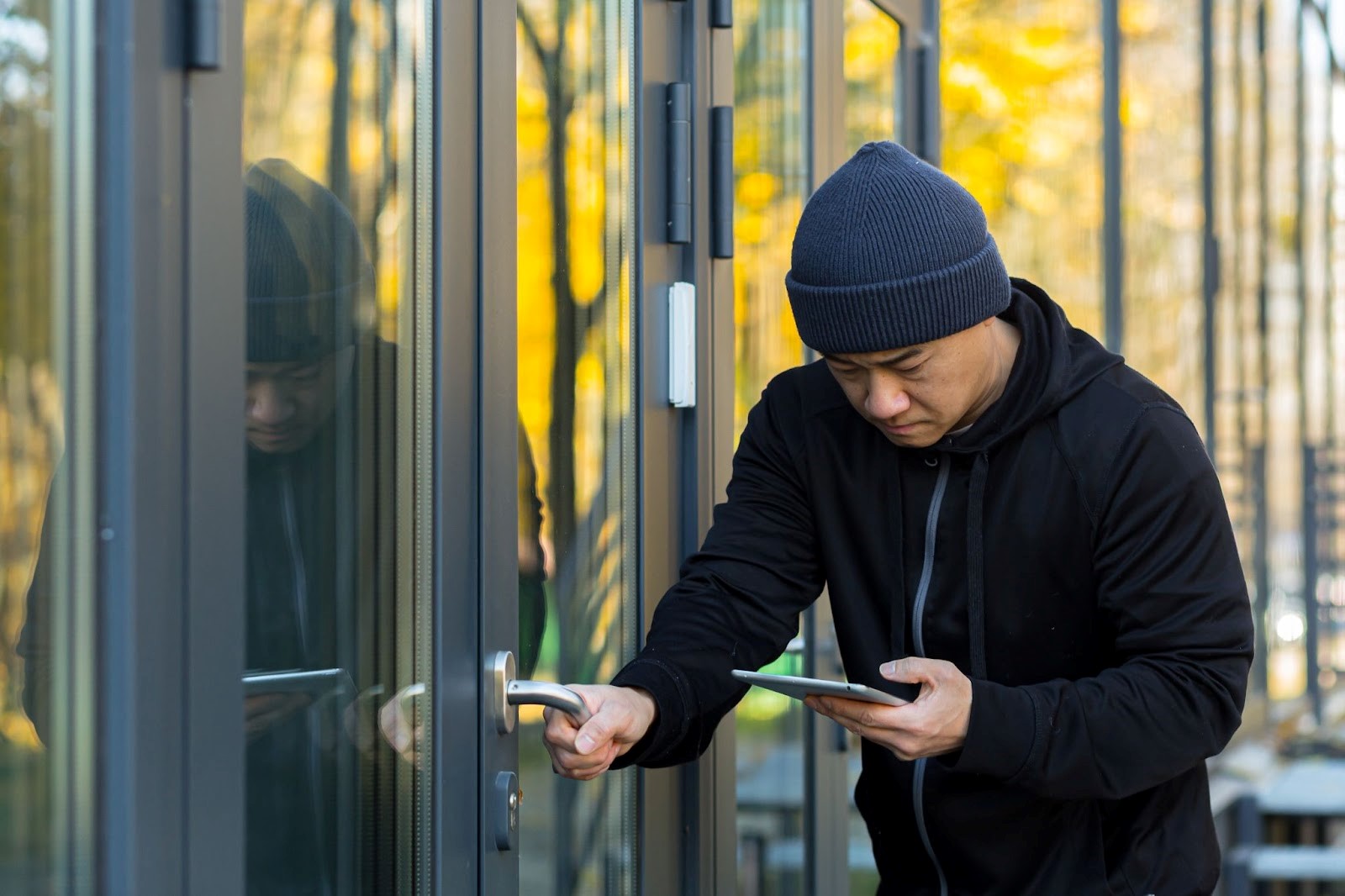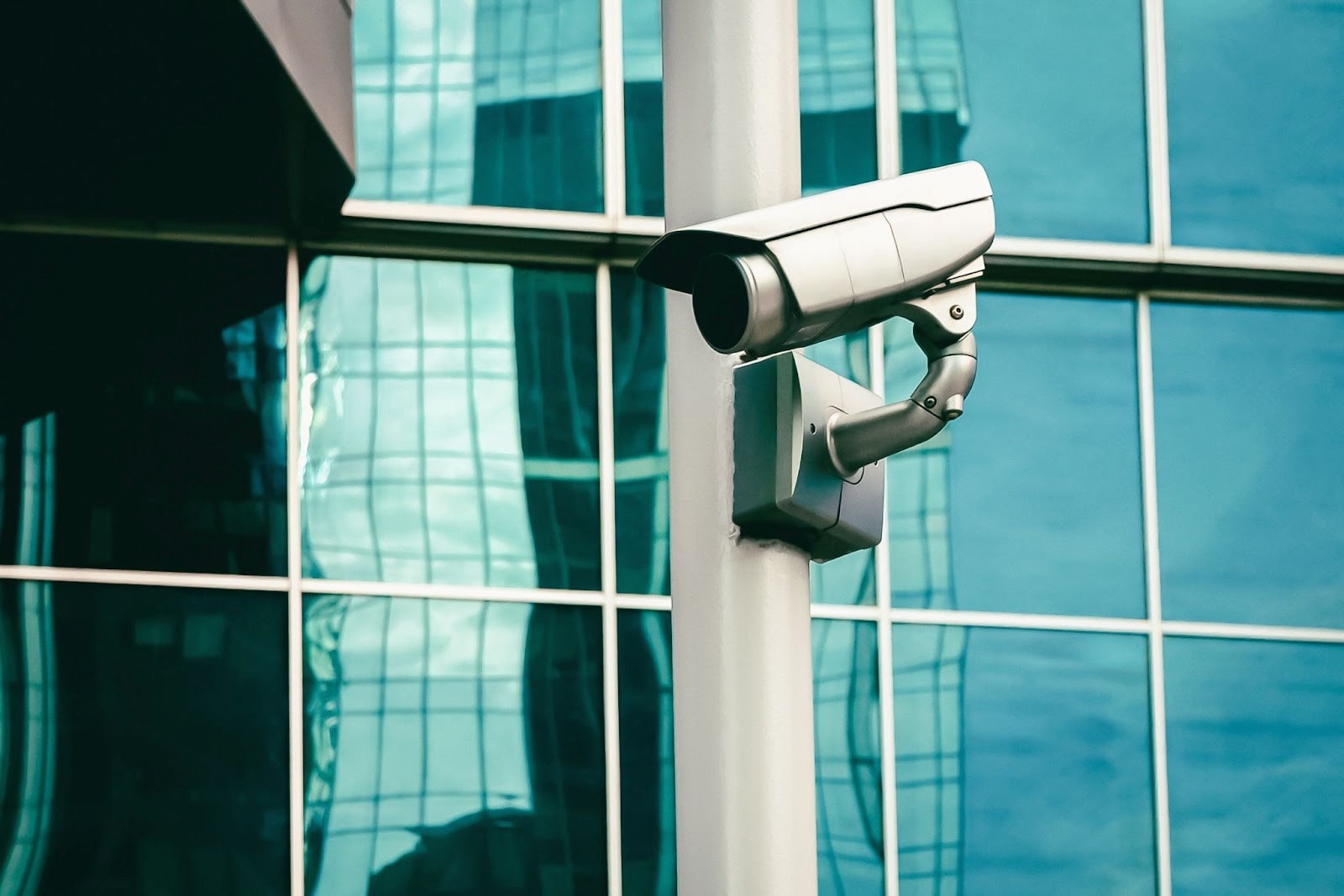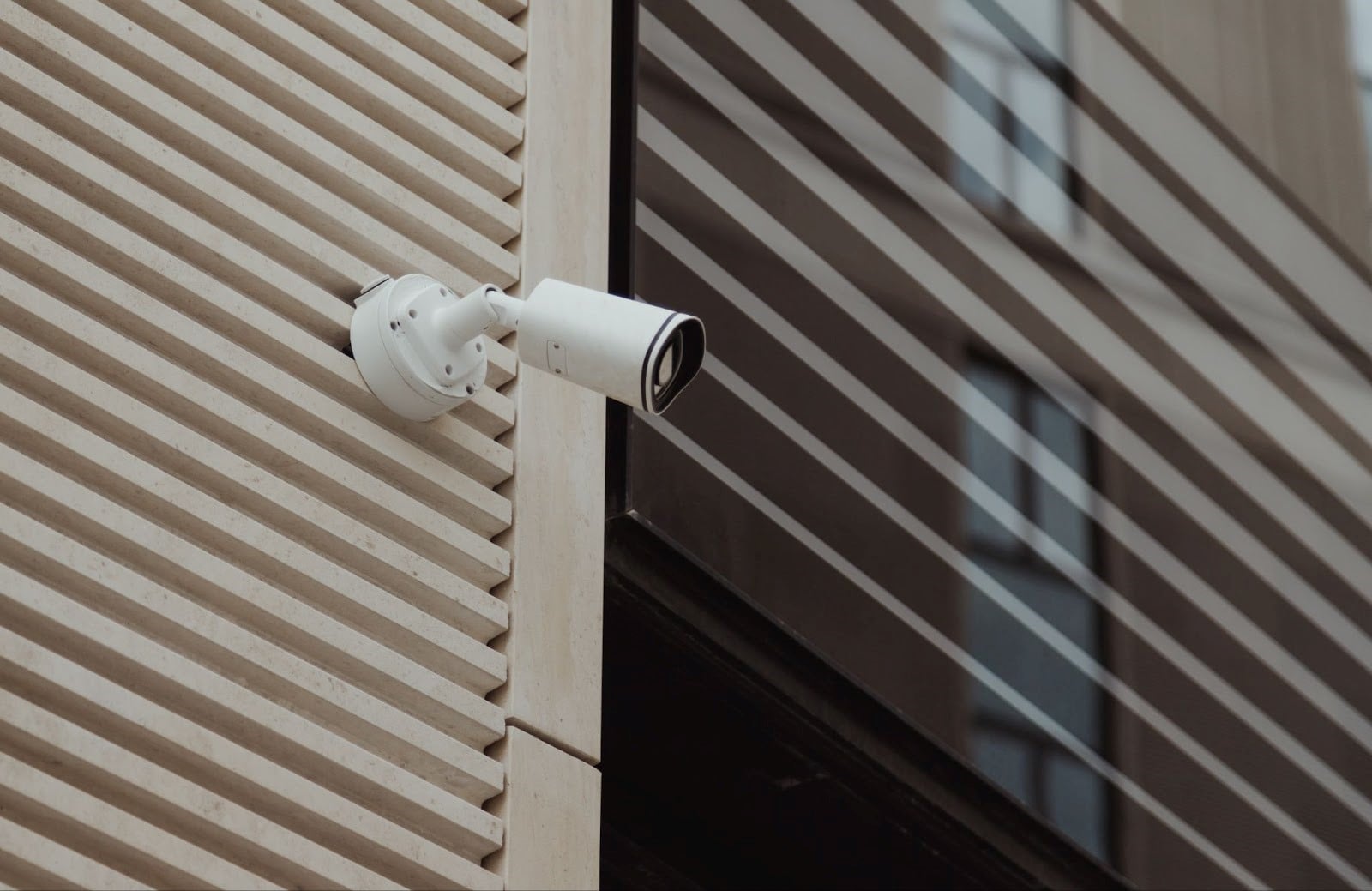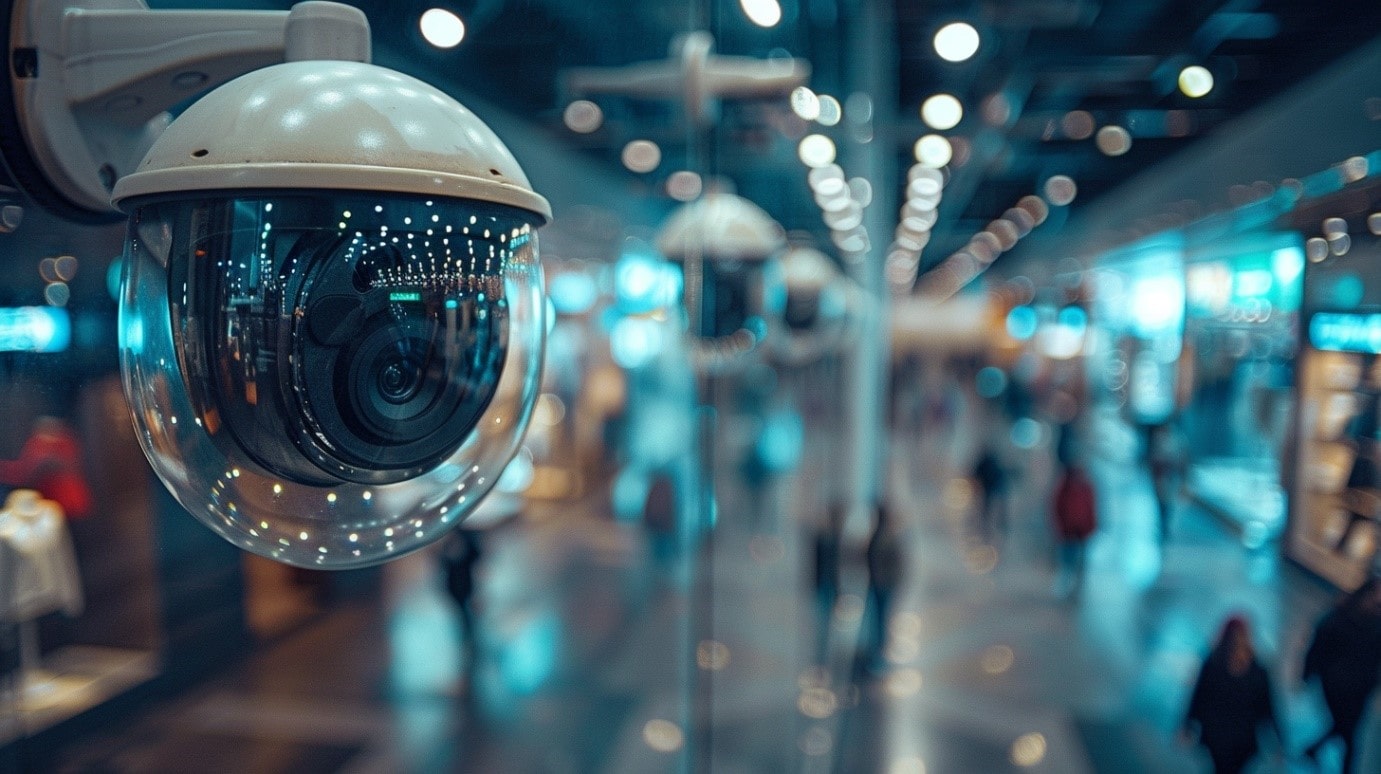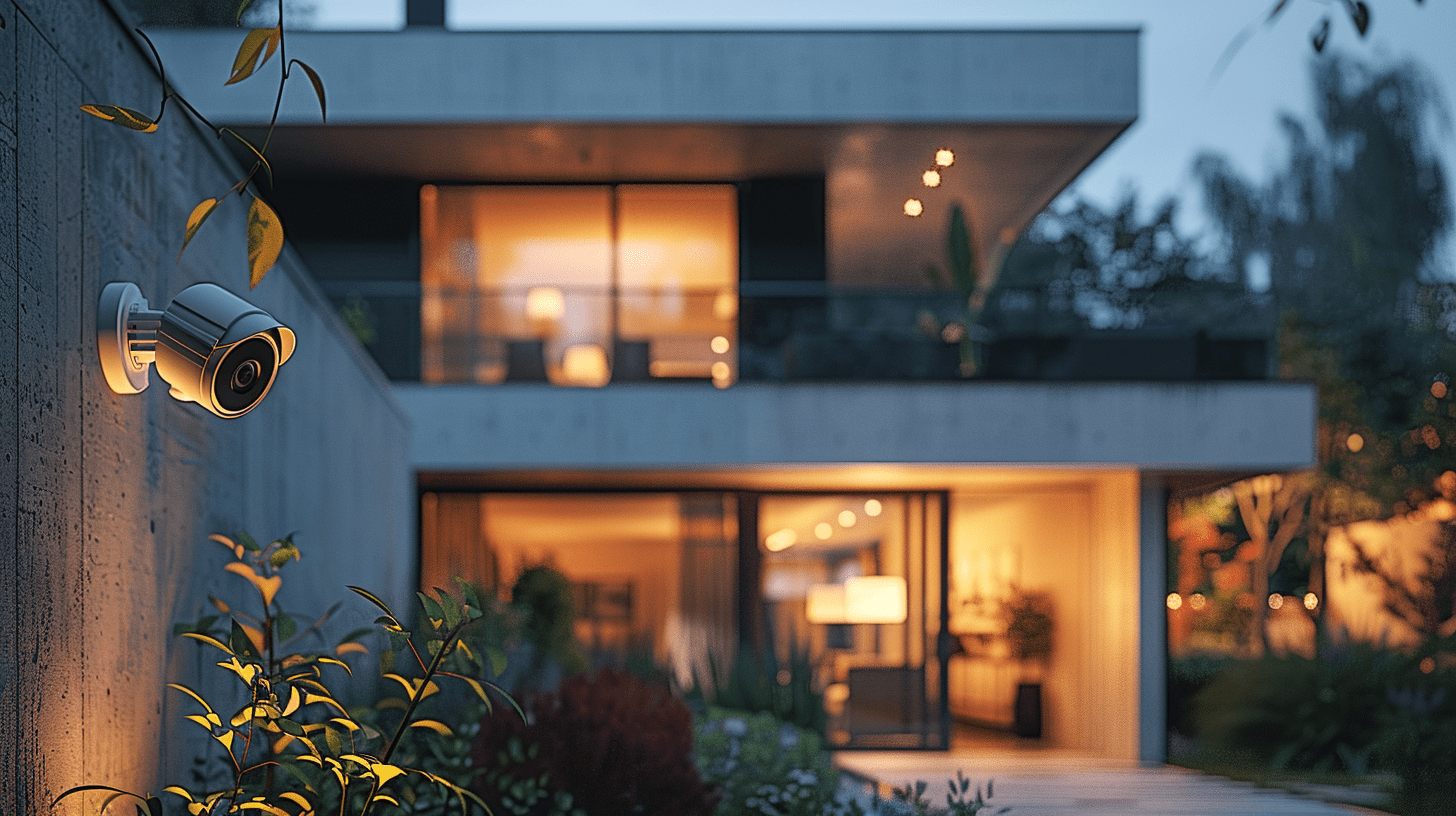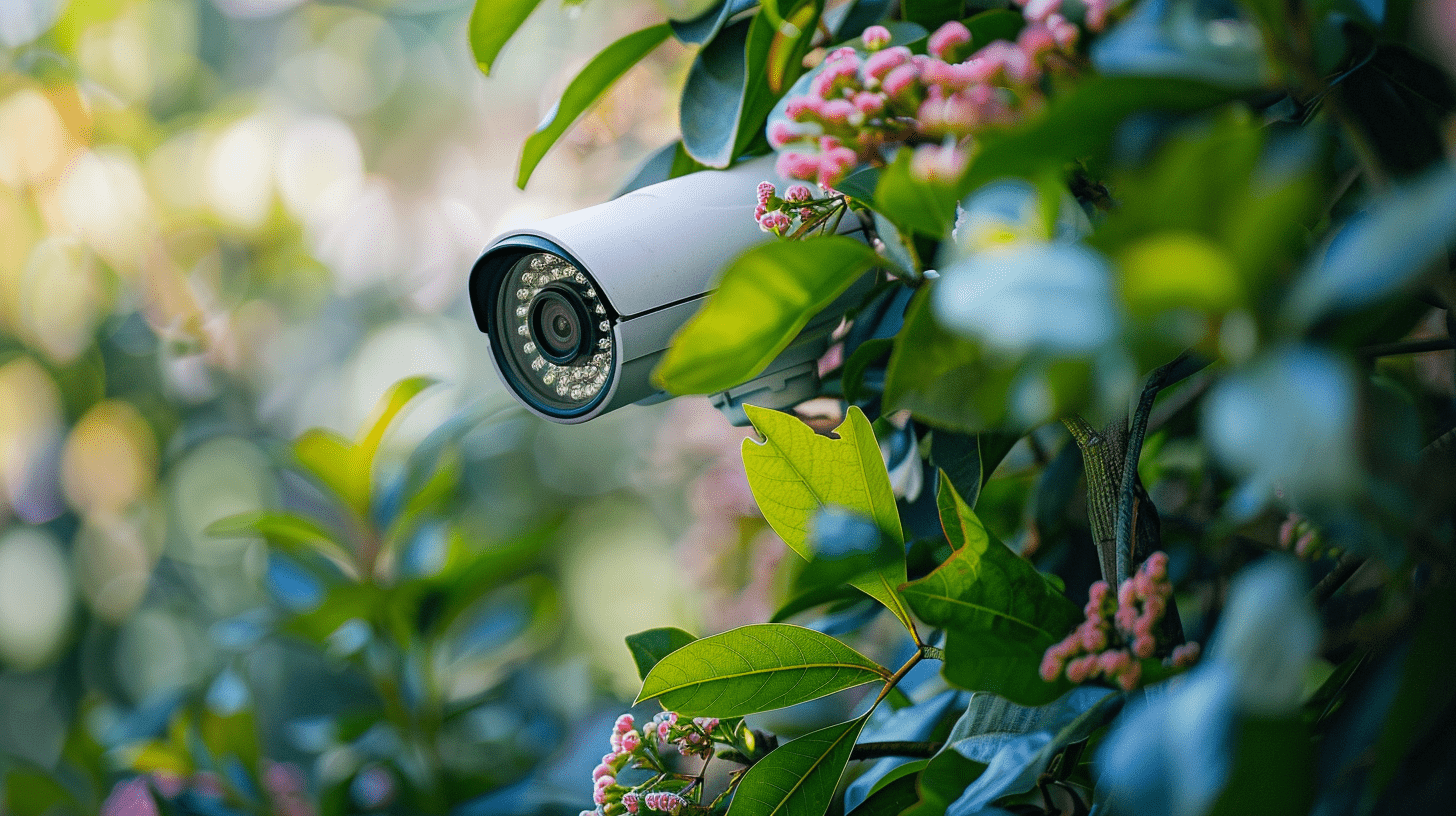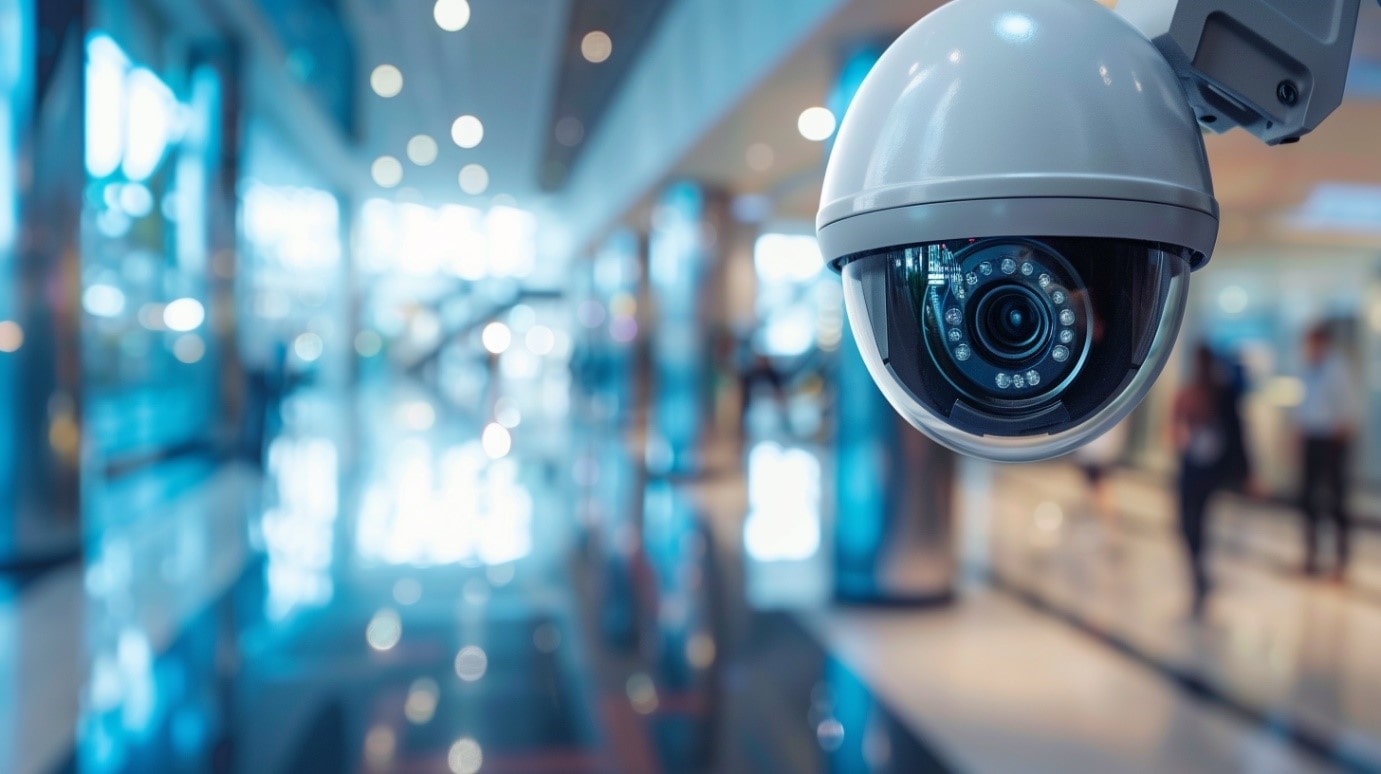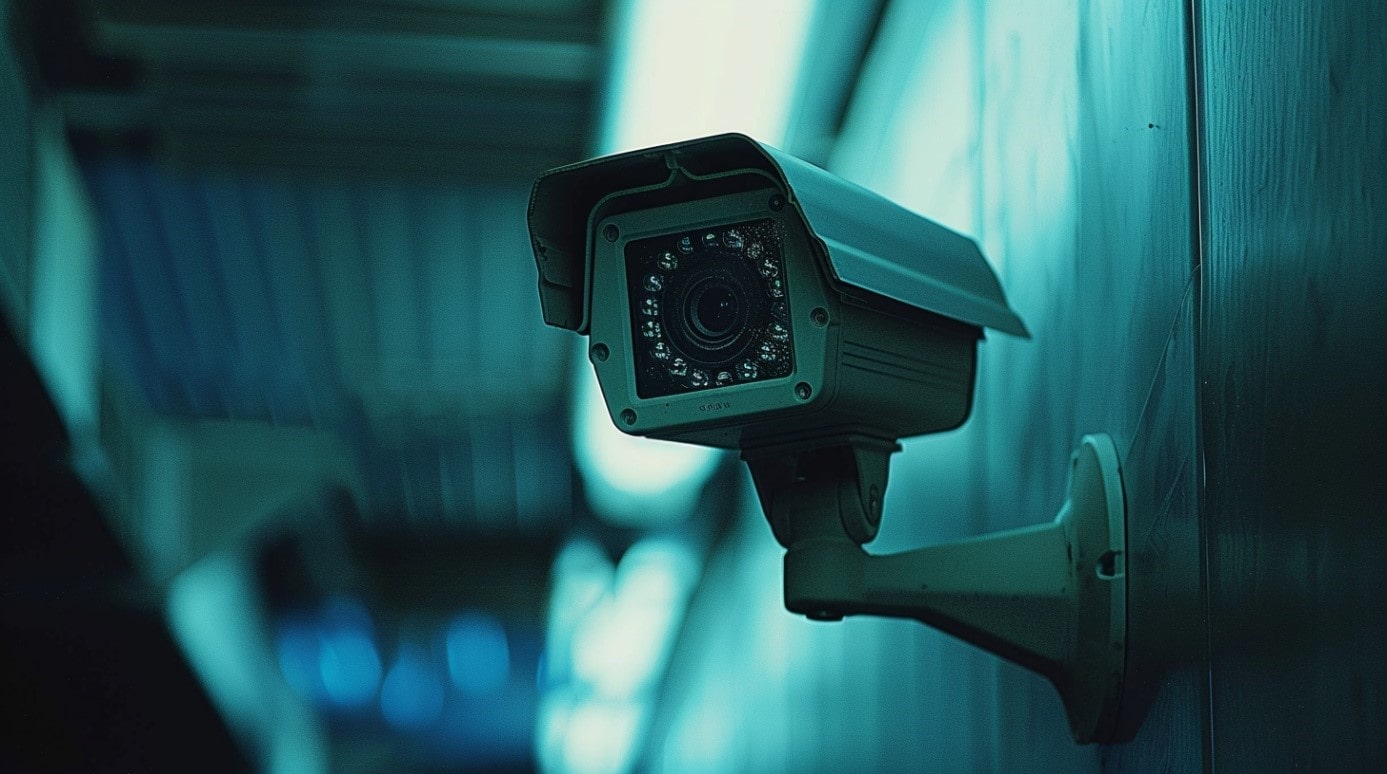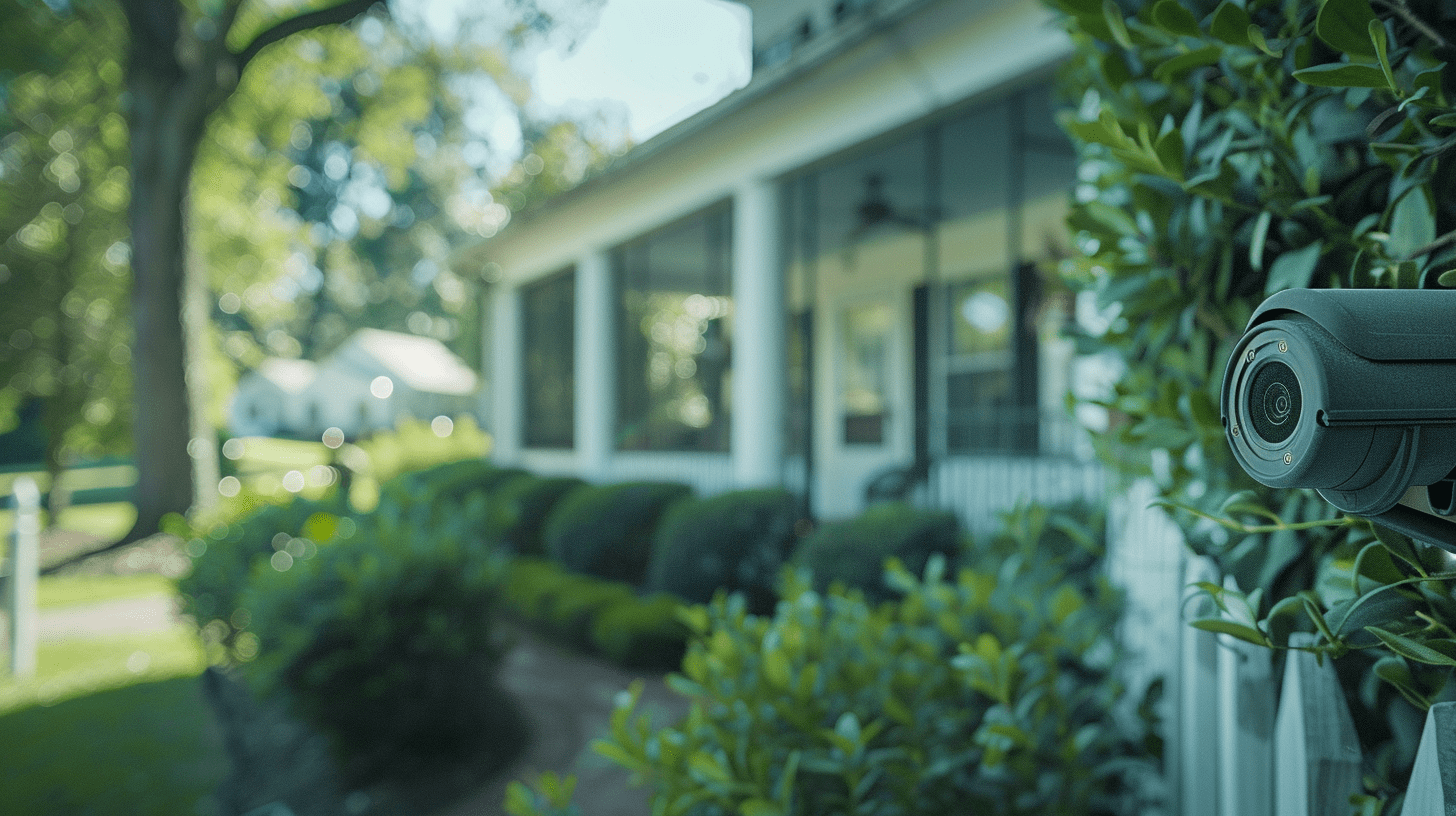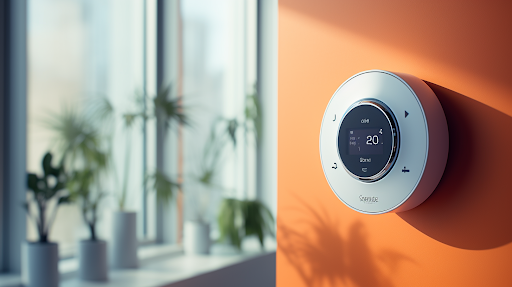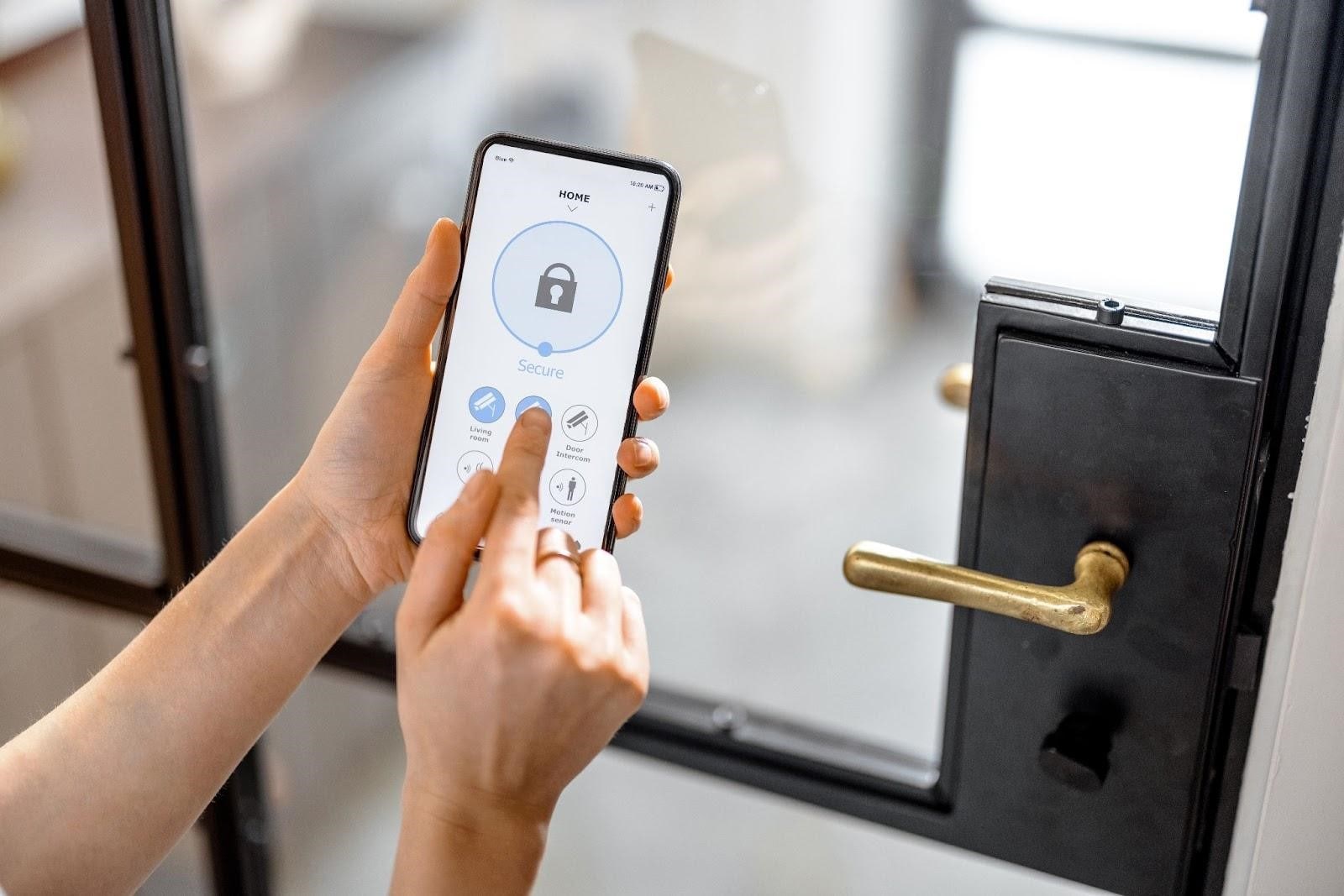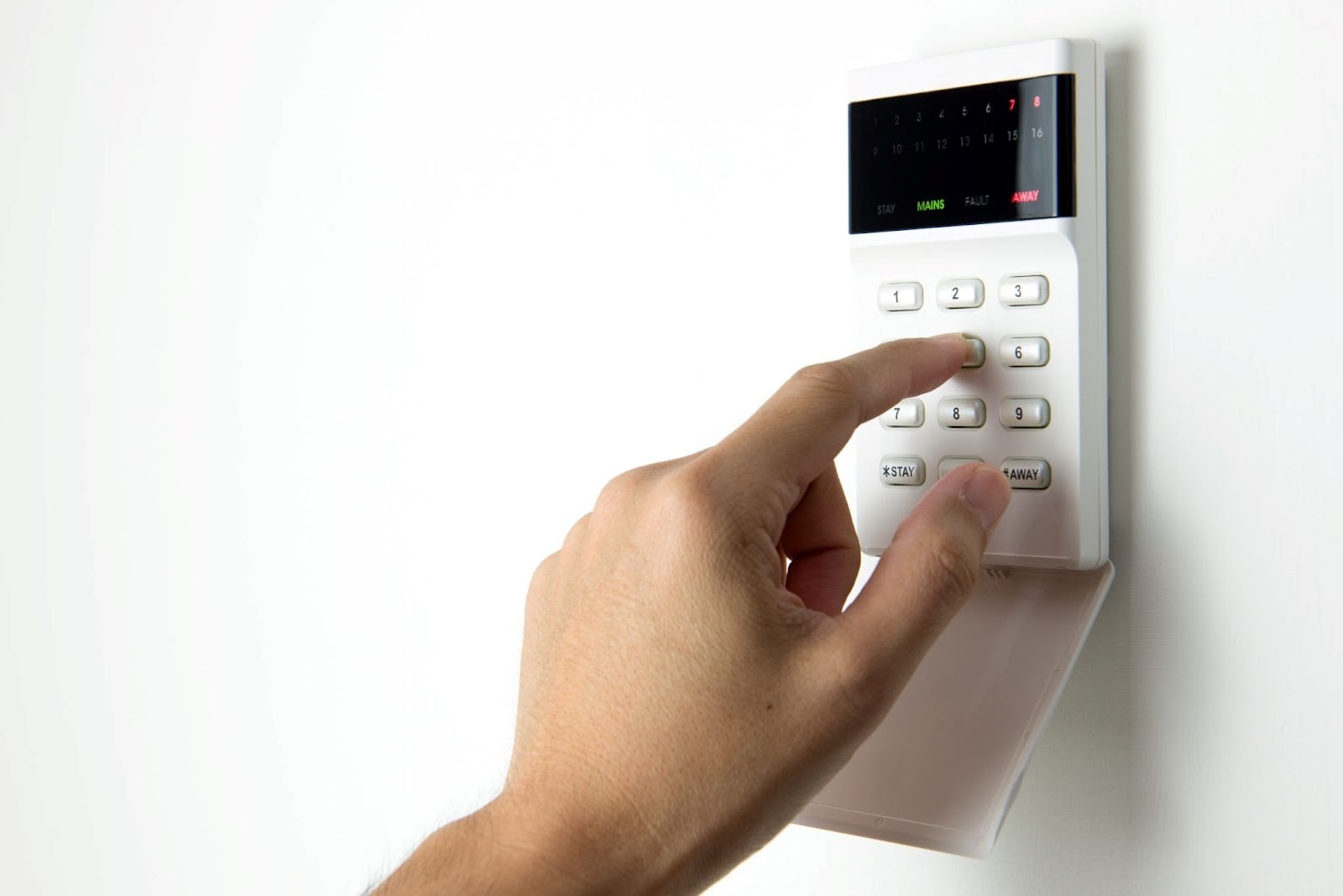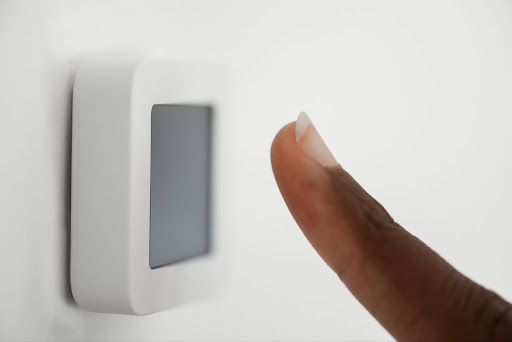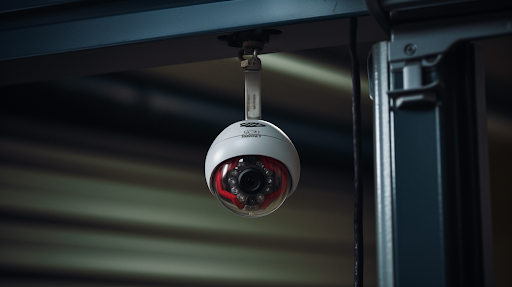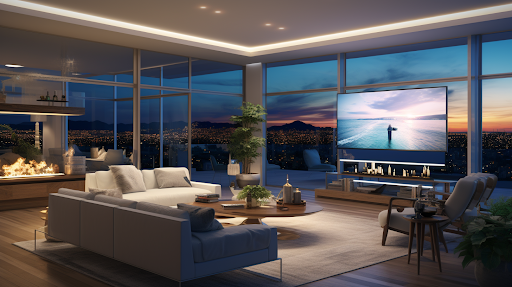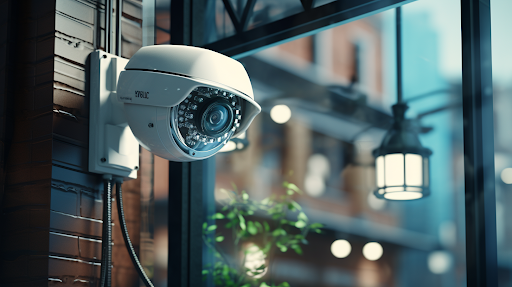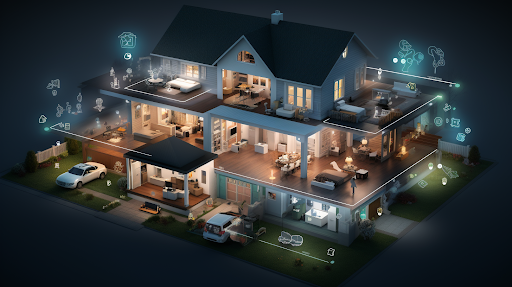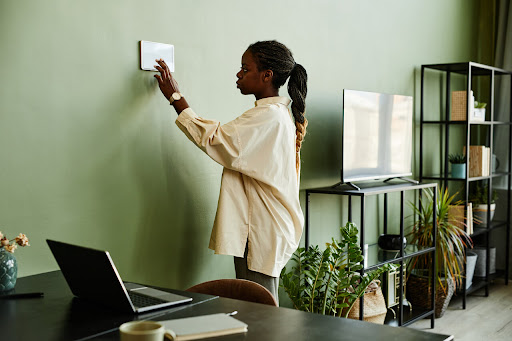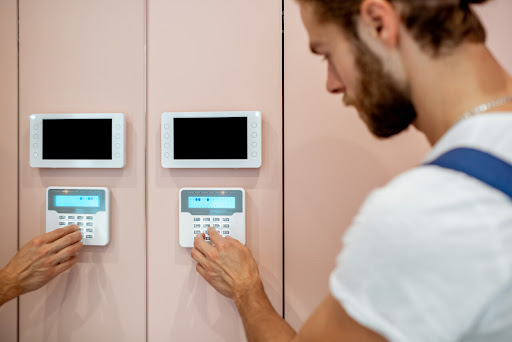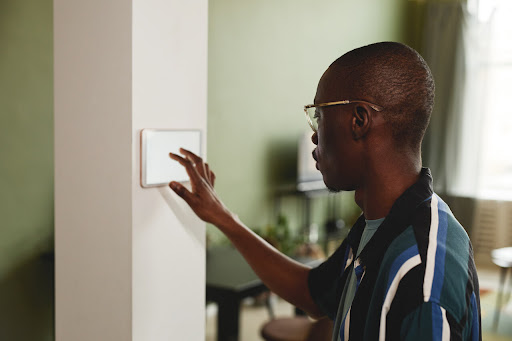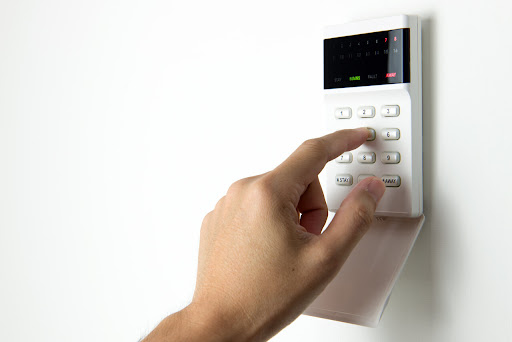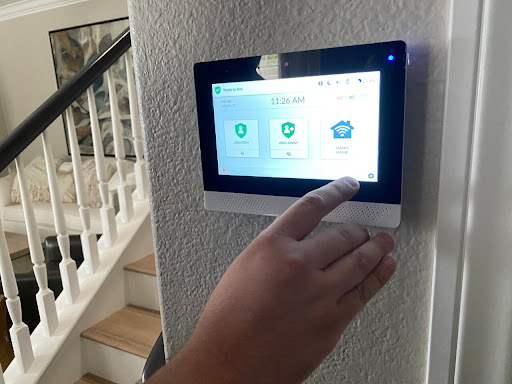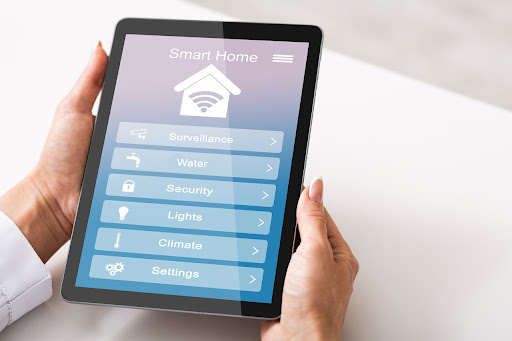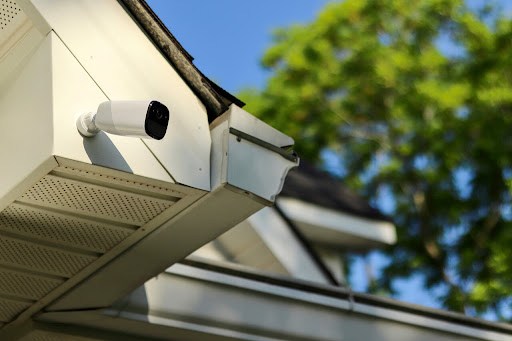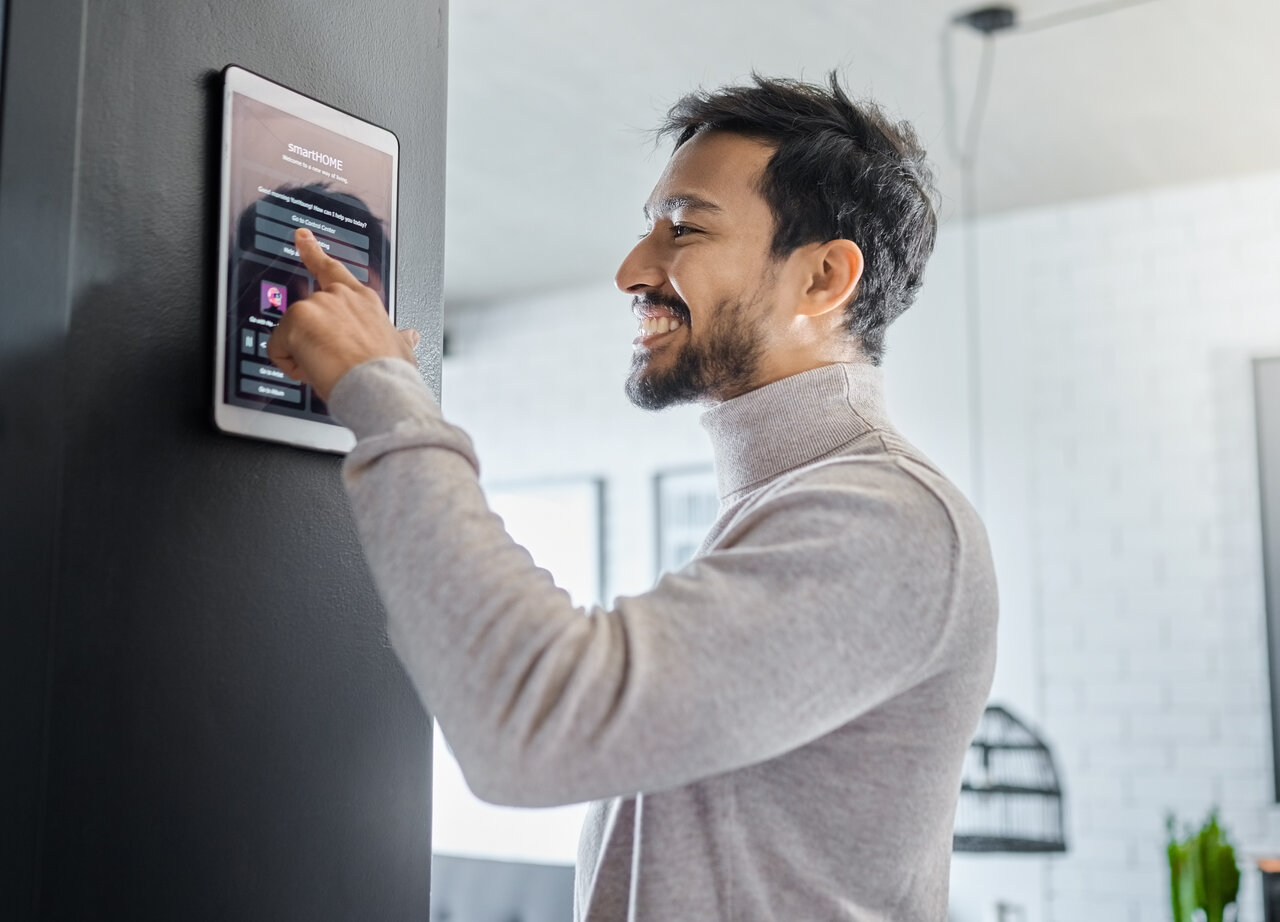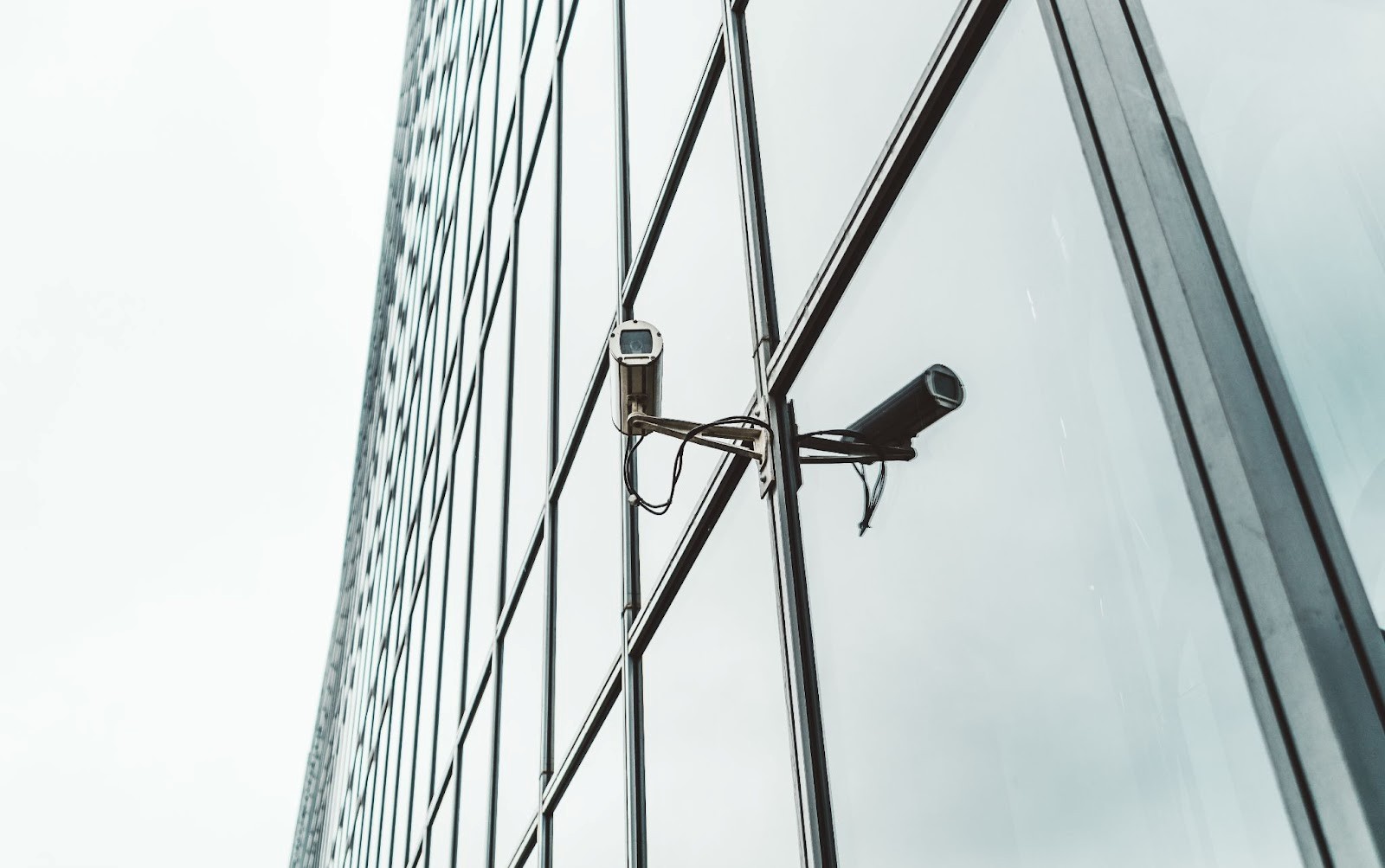
Are Businesses Required to Have Video Surveillance? Here’s What the Law Says
Sommaire
- Is Video Surveillance a Legal Requirement for Businesses in Quebec?
- Legal Framework for Video Surveillance in Quebec
- Key Legal Regulations for Video Surveillance in Quebec
- When Is Video Surveillance Required?
- Financial Institutions and High-Security Areas
- Retail and Commercial Spaces:
- Workplaces with High-Risk Environments
- Where Can Businesses Legally Install Surveillance Cameras?
- Public vs. Private Spaces
- Surveillance of External Areas and Neighboring Properties
- Is Consent Required for Video Surveillance?
- Consent from Employees
- Consent from Customers
- Surveillance Issues and Privacy Risks
- Lawful Installation of Security Equipment: The Sting Security Advantage
- Compliance with Privacy Laws & Regulations
- Responsible Placement of Security Cameras
- Secure Video Storage and Data Protection
- Why Choose Sting Security ?
- Sting Security: Smart, Reliable, and Scalable Protection for Your Business
In today’s digital age, video surveillance has become a standard security measure for many private sector organizations. However, when it comes to installing video cameras in workplaces, retail spaces, or public areas, businesses must navigate a complex landscape of privacy laws, consent practices, and industry regulations.
In this article, we explore the legal aspects of installing commercial video surveillance cameras and other equipment, arming you with the knowledge you need to properly turn your business into a secure location.
Is Video Surveillance a Legal Requirement for Businesses in Quebec?
In Quebec, as in the rest of Canada, there is no universal legal requirement for all businesses to install video surveillance systems. However, certain industries, such as financial institutions, government facilities, and businesses handling large amounts of cash (e.g., casinos, jewelry stores), may be subject to specific regulations that require or strongly recommend surveillance for security and compliance purposes.
Legal Framework for Video Surveillance in Quebec
In Quebec, the use of video surveillance systems is regulated by strict provincial privacy laws under the Act Respecting the Protection of Personal Information in the Private Sector, recently strengthened by Law 25 (formerly Bill 64). These laws govern how personal information, including video recordings, is collected, used, and disclosed by businesses.
Key Legal Regulations for Video Surveillance in Quebec
- Privacy Laws (Law 25): Businesses must justify the use of video surveillance as necessary for legitimate purposes, such as security or fraud prevention. The collection of personal information through surveillance must be proportionate to the intended purpose and carried out with respect for individuals’ privacy rights.
- Consent and Transparency: While explicit consent from individuals is not required for public video surveillance, businesses must ensure transparency. This includes:
- Posting clear signage indicating that the area is under surveillance.
- Explaining the purpose of surveillance (e.g., security monitoring).
- Limiting surveillance to areas where there’s a reasonable expectation of monitoring (e.g., entrances, cash registers). Surveillance in private areas, such as bathrooms or break rooms, is strictly prohibited unless absolutely necessary for safety reasons and legally justified.
- Employee Surveillance in the Workplace: Monitoring employees through surveillance cameras is allowed only if it is:
- Necessary for legitimate purposes (e.g., preventing theft, ensuring workplace safety).
- The least intrusive method available. Employers must notify employees about the presence of surveillance cameras and clearly explain the purpose. Hidden cameras are generally prohibited, except in rare cases involving criminal investigations with legal authorization.
When Is Video Surveillance Required?
While video surveillance is not a legal requirement for all businesses in Quebec, certain industries and situations have stricter security obligations:
Financial Institutions and High-Security Areas
Banks, casinos, government buildings, and other high-security facilities are subject to specific regulations that mandate the use of surveillance systems to comply with security protocols and prevent criminal activities.
Retail and Commercial Spaces:
Many retail stores, shopping centers, and parking lots install surveillance cameras for security, theft prevention, and liability protection. However, businesses must comply with privacy laws, ensuring proper signage and limiting surveillance to necessary areas.
Workplaces with High-Risk Environments
Businesses handling large amounts of cash, sensitive information, or high-value goods often use surveillance for fraud prevention and security. Even in these high-risk environments, surveillance must be justified, limited in scope, and respect privacy rights.
Discover Advanced Security Solutions for Your Business
Where Can Businesses Legally Install Surveillance Cameras?
When installing workplace surveillance cameras in Quebec, businesses must comply with provincial privacy laws that regulate where and how surveillance can be conducted. To avoid legal issues and privacy violations, companies should consider the following:
Public vs. Private Spaces
Businesses can install security cameras in areas where there is no reasonable expectation of privacy, such as:
- Commercial spaces (e.g., storefronts, reception areas, lobbies)
- Parking lots and building entrances
- Warehouse and storage areas for security monitoring
However, surveillance is strictly prohibited in spaces considered privacy-invasive, including:
- Restrooms, locker rooms, and break rooms, where employees have a legitimate expectation of privacy.
- Private offices, unless there is a clear, demonstrable security need. Even then, surveillance should be a last resort, with proper justification and clear notification to affected individuals.
- Employee monitoring can only be done if it is necessary to achieve a legitimate security objective, and less intrusive measures are not available.
Surveillance of External Areas and Neighboring Properties
When installing outdoor security cameras, businesses must ensure that surveillance:
- Is limited to their own property and does not intentionally capture footage of neighboring properties, residential homes, or private spaces.
- Avoids recording public streets or sidewalks beyond what is strictly necessary for security purposes.
- Does not violate Quebec’s privacy laws, which prohibit the collection of unnecessary or excessive video footage that infringes on individuals’ privacy rights.
While incidental capture of public areas may be unavoidable (e.g., for entrances near sidewalks), businesses must ensure:
- The footage is used only for legitimate security purposes.
- Proper signage is posted to inform the public that surveillance is in place.
- Video data is securely stored, with access restricted to authorized personnel only.
By following these guidelines, businesses can use commercial security cameras legally and ethically, balancing security needs with privacy rights while avoiding legal repercussions.
Get a Tailored Security Plan for Your Commercial Property
Is Consent Required for Video Surveillance?
In Quebec, explicit consent is not always required for video surveillance, but businesses must comply with strict privacy laws that regulate where, why, and how surveillance is conducted. The key principle is transparency—individuals must be informed that they are being recorded, and surveillance must be justified as necessary for a legitimate purpose.
Consent from Employees
- Unionized Workplaces : In unionized environments, video surveillance policies may need to be negotiated through the collective agreement. Employers cannot unilaterally impose surveillance without addressing union concerns, especially if the surveillance could impact employee privacy rights.
- Non-Unionized Workplaces : In non-unionized workplaces, employers do not always need explicit written consent to implement surveillance, but they must:
- Clearly inform employees that they are being monitored.
- Provide the business justification for surveillance (e.g., preventing theft, ensuring workplace safety).
- Demonstrate that surveillance is necessary, proportionate, and used as a last resort when less intrusive measures are insufficient.
- Hidden cameras are generally prohibited, unless legally authorized in exceptional circumstances (e.g., criminal investigations).
Surveillance must respect employees’ right to privacy, especially in areas where they have a reasonable expectation of privacy (e.g., break rooms, bathrooms, personal offices).
Consent from Customers
- Notification Required: While explicit consent from customers is not required, businesses must:
- Post clear signage indicating that an area is under video surveillance.
- Explain the purpose of surveillance (e.g., security monitoring, theft prevention).
- Ensure that surveillance is limited to areas where it’s necessary, such as entrances, exits, or cash registers.
- Hidden Cameras: The use of hidden cameras in public or commercial spaces is generally prohibited unless required for a specific legal investigation and authorized under applicable laws.
- Audio Surveillance: Audio surveillance is subject to stricter consent requirements than video surveillance. In Quebec, explicit consent is typically required to record conversations, as audio recording without consent can violate privacy laws and even the Criminal Code of Canada.
Surveillance Issues and Privacy Risks
Failure to comply with Quebec’s privacy laws can result in:
- Legal complaints from employees or customers.
- Investigations and penalties from the Commission d’accès à l’information (CAI).
- Fines under Law 25, which imposes stricter penalties for privacy violations.
To minimize privacy risks, businesses should:
- Clearly outline video surveillance policies in employee handbooks.
- Provide training for staff on proper surveillance practices.
- Implement strong access controls to limit who can view surveillance footage.
- Use administrative safeguards to prevent unauthorized use, sharing, or disclosure of recorded data.
- Regularly review and update surveillance practices to ensure ongoing compliance with privacy laws.
The Best Commercial Security Systems: Advanced Features, Costs, and Options
Lawful Installation of Security Equipment: The Sting Security Advantage
Ensuring that video surveillance programs comply with Quebec’s privacy laws is essential for any business owner implementing a security solution. At Sting Security, we follow strict privacy obligations and industry best practices to guarantee the lawful installation of security equipment while balancing security purposes with personal privacy.
Compliance with Privacy Laws & Regulations
Sting Security ensures adherence to privacy laws by strictly following:
- Private sector privacy legislation such as PIPEDA, which governs the collection and use of video footage.
- Compliance with privacy laws at both federal and provincial levels to ensure businesses operate legally.
- Des évaluations des impacts sur la vie privée, permettant d’anticiper et d’atténuer les risques de violation de la confidentialité.
Responsible Placement of Security Cameras
the Proper placement of cameras is crucial to avoid invasion of privacy. Sting Security follows the rule of thumb for legal installation by:
- Avoiding privacy-invasive locations.
- Ensuring cameras are only placed in areas necessary for employee safety and productivity.
- Preventing improper activity by ensuring cameras do not capture neighboring properties or confidential employee personal information.
Our experts also advise businesses on alternatives to video surveillance methods when appropriate, such as access control systems .
Secure Video Storage and Data Protection
To prevent inappropriate data practices, we provide:
- the Access control measures to restrict access to video surveillance recordings.
- Regular audits of businesses with video surveillance to ensure compliance.
- Secure data storage that protects against unauthorized access or tampering.
What Are the Elements of a Good Commercial Security System?
Why Choose Sting Security ?
- Comprehensive and Scalable Security Solutions: We provide customized security systems that include intrusion detection, video surveillance, access control, and 24/7 monitoring, ensuring complete protection for businesses of all sizes.
- Advanced Technology and Smart Integration: Our systems feature AI-powered surveillance, remote access, smart automation, and real-time alerts, allowing business owners to monitor and control security from anywhere.
- 24/7 Professional Monitoring and Rapid Emergency Response : Our security team ensures immediate threat detection and emergency coordination with law enforcement and first responders, minimizing risks of theft, vandalism, and unauthorized access.
- Expert Installation and Ongoing Support : Our professional security installers guarantee seamless system integration, provide staff training, and offer continuous maintenance and upgrades to keep your security system optimized.
- Cost-Effective Security with Insurance Benefits : Our affordable security solutions not only provide top-tier protection but can also help reduce insurance premiums and protect businesses from liability claims.
Customizable Security Systems for Any Business
Sting Security: Smart, Reliable, and Scalable Protection for Your Business
At Sting Security, we provide comprehensive, state-of-the-art security solutions tailored to protect businesses of all sizes. We take a proactive approach to security, integrating advanced AI-driven technology, smart automation, and real-time alerts to help businesses stay ahead of potential threats.
With professional installation, ongoing support, and scalable solutions, we make it easy for businesses to implement reliable, cost-effective security systems that meet their unique needs.








